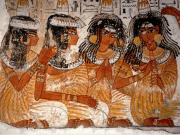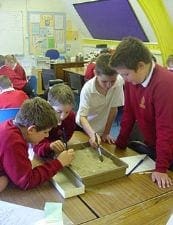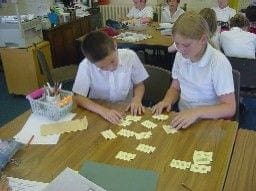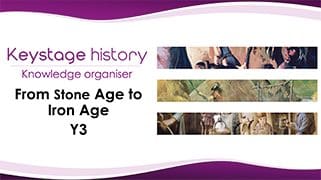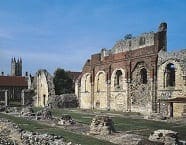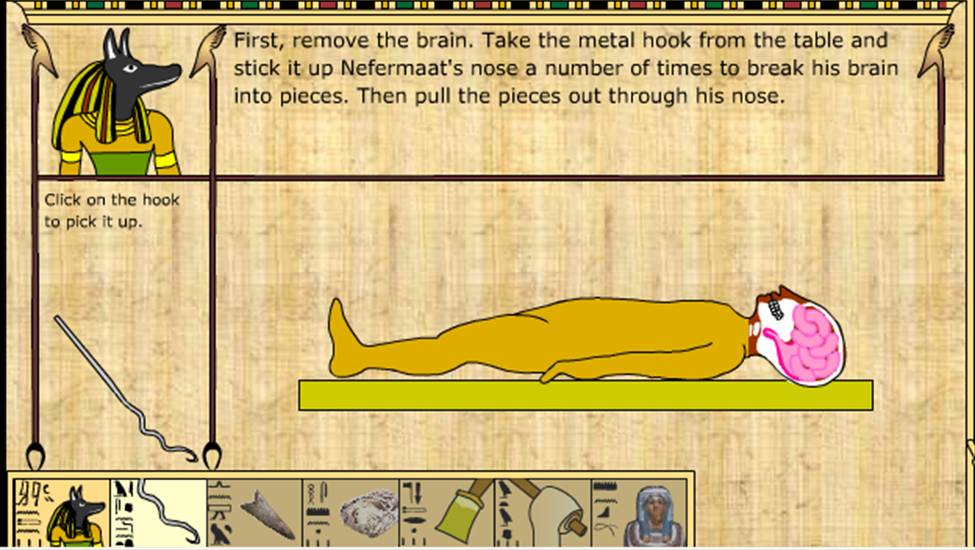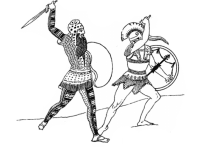
This lesson on the Battle of Marathon makes a major contribution to pupils’ thinking skills. They are presented with a paradox. How could the David of Athens beat the Goliath of Persia?
Instead of being given a textbook account or a video explanation, pupils are asked to work things out for themselves, in the form a of a history mystery. Because they have tried to make their own meaning first, when they later come to look at historical interpretations of the event, it will mean so much more.
How on earth could tiny Athens beat mighty Persia at Marathon? – a history mystery
Learning objectives
- pupils are able to work out which are valid and non-valid reasons for Athens’ victory at the Battle of Marathon
- they can sort and classify different reasons
- they can evaluate a simple textbook account and suggest ways in which it might be improved
- they can

